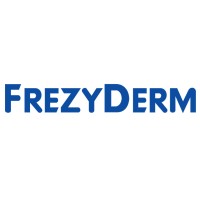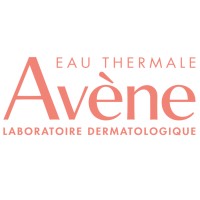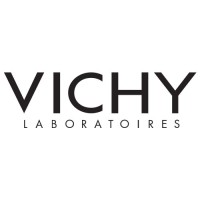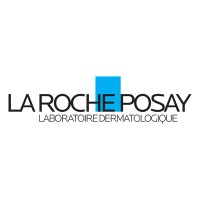Free shipping on orders over 39.00€
December 1: World HIV/AIDS Awareness Day
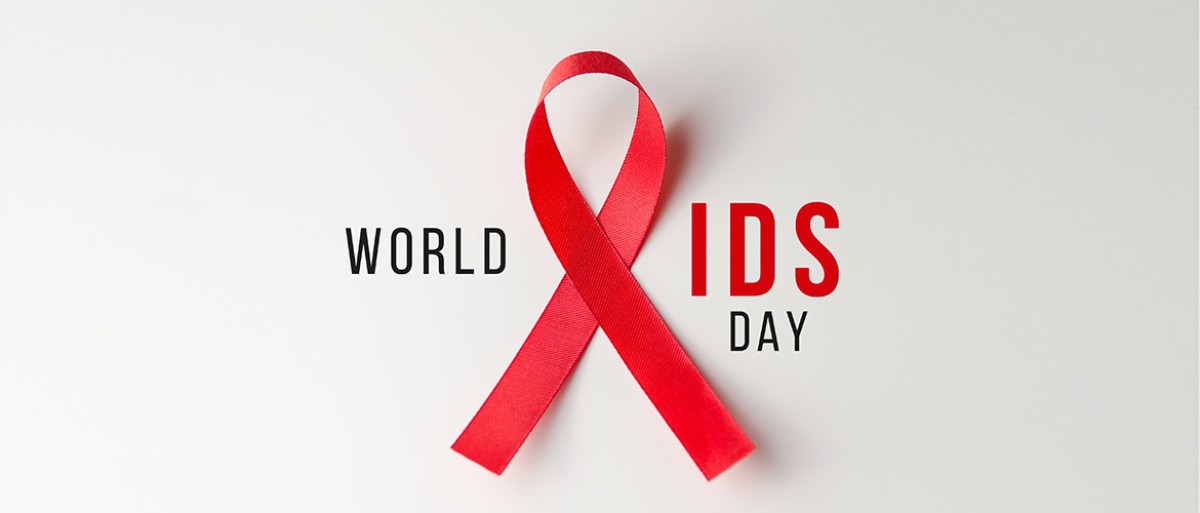
In the last five years, a downward trend of new diagnoses has been recorded in Greece, returning to the levels before 2010. In 2016, we had 639 and in the first ten months of 2017, 492 new diagnoses. The above figures are an encouraging indication.
After all, Greece has free of charge the most up-to-date treatments for HIV-positive people, has well-trained medical and scientific staff in HIV and has successfully managed critical turning points in the epidemic, such as with the "Aristotle" program after the epidemic explosion among intravenous drug users in the center of of Athens, in the two years 2011-2012.
The largest percentage of new diagnoses is in the 30-39 age group and the main mode of transmission of the virus is sexual contact between men, while a drop in the percentage of new cases infected through the use of intravenous addictive substances was recorded. It is worth noting that, within 2017 (up to October 31), no incident of vertical transmission of the virus was reported.
Based on global epidemiological data, an estimated 2016 million people were living with HIV infection in 36,7, while new infections and HIV-related and AIDS-related deaths within that year were 1,8 million and 1,0 million respectively (down 16% and 48%, respectively, compared to 2010).
The downward trend observed in new infections and deaths is also linked to the increase in coverage of HIV-positive people with antiretroviral therapy.
The Ministry of Health has already announced the preparation of a national strategic plan to deal with HIV in Greece, with the participation of the involved agencies, doctors, academics and the community of people living with the virus itself. In this way the national effort will acquire central coordination, schedule, budget and monitoring of objectives.
Only in this way can Greece achieve the UNAIDS 90-90-90 target by 2020. This target consists of diagnosing 90% of people living with HIV, 90% of them being treated and 90% of them to have an undetectable viral load.
A holistic approach to the medical and social dimensions of HIV is also needed. On the one hand, there is the need to utilize all the tools available to science to prevent and treat HIV, as well as to improve the quality of services and conditions in infection units, in a patient-centered health system.
On the other hand, it is the necessity of social inclusion and welfare and respect for the rights of vulnerable groups such as men who have sex with men, transgender people, intravenous drug users, sex workers, prisoners and ex-prisoners, the Roma etc.
Sources: 29th Panhellenic AIDS Conference, Hellenic HIV Association, Ministry of Health, KEELPNO
Liability Disclaimer
The content of this website does not constitute and cannot be construed as medical advice, diagnosis, treatment or suggestion.
All information is provided to readers by healthcare professionals for informational purposes only. This content is not intended to be a substitute for personalized medical advice, diagnosis, prognosis or treatment.



